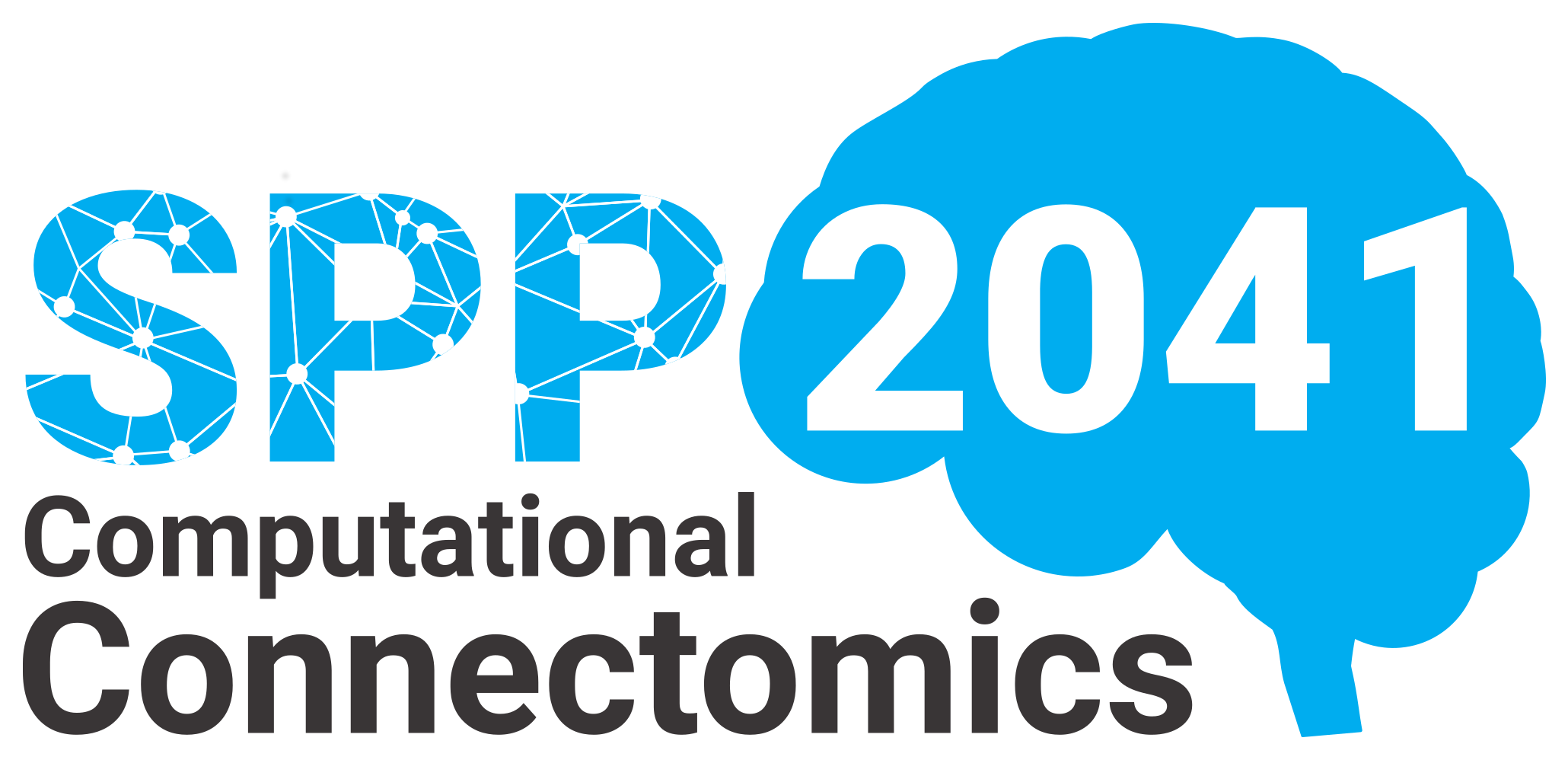The Language Connectome in Brain Tumor Patients
Our central aim is to investigate brain connectivity in patients with language brain tumors to capture tumor effects on network-related cognition. Impairment of language function has a particularly detrimental and immediate negative effect on the patient’s quality of life. Further, the exact impact of brain tumors on language function is currently difficult to predict due to the variability in individual language networks and the brain’s potential for functional reorganization. However, a connectomic approach based on advanced neuroimaging offers new opportunities for precise personalized analyses. We will use the capabilities of The Virtual Brain to model the impact of brain tumors on individual network functioning and perform virtual surgery to predict the effects of surgery beforehand. Brain subject-specific biophysical brain network models (BNMs) will be computed to investigate their relationship with cognition. Furthermore, we will make use of deep neural networks (DNNs) to delineate the relationship between connector hubs and cognition. By modelling hub connectivity computed with the use of DNNs, we will be able to predict the language performance of brain tumor patients before and after surgery. This project combines complementary expertise of an interdisciplinary research team to create basic technology that defines the connections between brain architectures at the macro and micro levels in relation to their function in the brain. Our objectives are to i) build a multiscale DNN based model for patients with tumors affecting the language network (glioma WHO grade II – IV) that integrates various analytical methodologies, neuropsychological tests, advanced neuroimaging and longitudinal, pre- and postoperative assessments, besides other neurooncological indicators such as tumor grade, histology and lesion volume at diagnosis ii) investigate tumor induced changes in relation to the connectome across different time scales, iii) simulate the connectomal effects of brain tumors and neurosurgery on language, and iv) create an openly accessible online dataset with high quality neuropsychological and imaging data of 150 patients with intrinsic brain tumors before and after surgery and 150 healthy subjects. This project goes far beyond the current methods of brain tumor analysis. It has great potential to enhance our understanding of the effects of brain tumors and their treatment on individual neuronal networks and the resulting speech function. By advancing predictive models in brain tumor surgery, this translational project will pioneer work at the interface of clinical, experimental and theoretical research.
Principal Investigators
Dr. Lucius Fekonja
Charité – Universitätsmedizin Berlin
Campus Charité Mitte
Klinik für Neurochirurgie mit Arbeitsbereich Pädiatrische Neurochirurgie (CCM)
Professor Dr. Thomas Picht
Charité – Universitätsmedizin Berlin
Campus Charité Mitte
Klinik für Neurochirurgie mit Arbeitsbereich Pädiatrische Neurochirurgie (CCM)
Professorin Dr. Petra Ritter
Charité – Universitätsmedizin Berlin
Campus Charité Mitte
Klinik für Neurologie mit Experimenteller Neurologie
